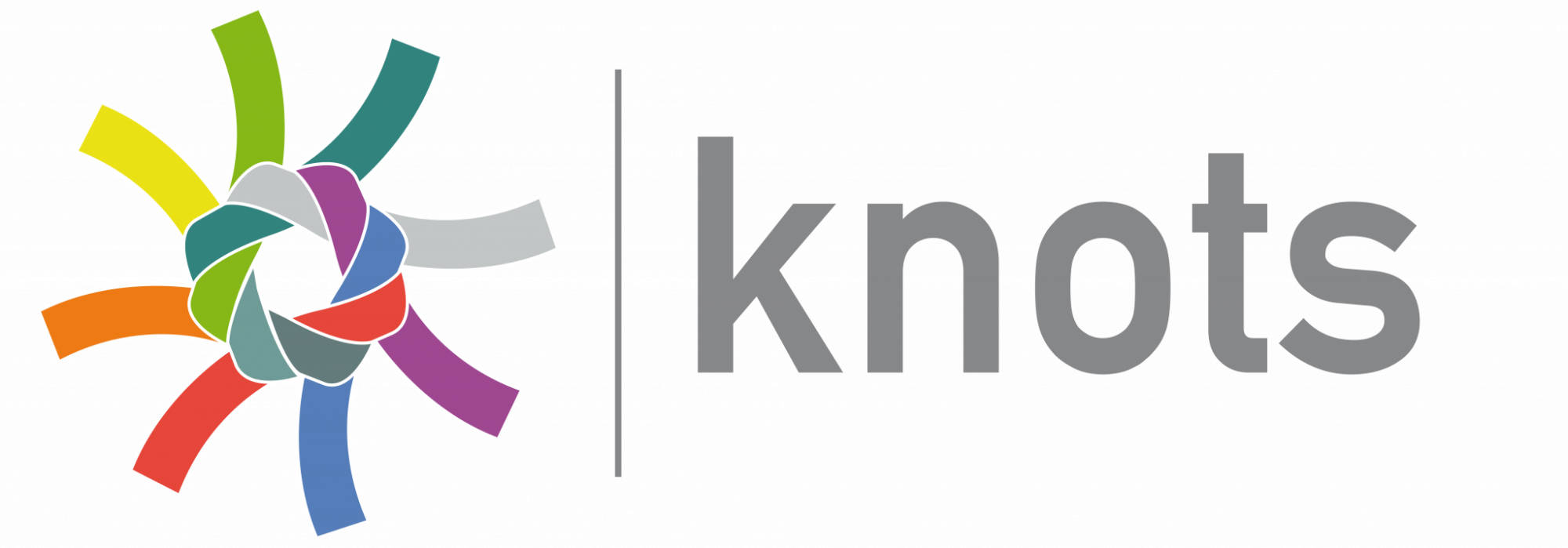The Experiences Gained From Traveling and Studying Under KNOTS
"In a fast-changing world that is full of problems, difference, and transnational, the study based on transdisciplinary research is one of the best methods that can respond to such problems at present. Because we can understand things all-around without ignorance of little important things."
The project was funded by the European Commission's ERASMUS + program during 18-25 September in Vietnam. Although it was not my first trip to Vietnam, it cannot deny that this trip was very interesting and it had given me a lot of new experiences. The trip was started from the city where the school is located, Tam Dao City. Although it is not a famous city for tourists, but Tam Dao City is a very busy city for Vietnamese tourists, especially those who came from Hanoi on holidays. This is because Tam Dao is a city located on the top of mountains with cold weather throughout the years. Also, it is a city with stories and traces associated with the French colonies which are still with the cultures of native people as well. The charm of this city is the tranquility of the forest and natures on weekdays as well as the merriment on holidays.
In terms of substance, I had learned about transdisciplinary research as a guideline for the study of several issues which focuses on non-academic actors as well as consideration of issues studied in every aspect and in every dimension related including a guideline that encourages the integration of science and knowledge that explains and seeks resolutions for problems. Therefore, "In a fast-changing world that is full of problems, difference, and transnational, the study based on transdisciplinary research is one of the best methods that can respond to such problems at present. Because we can understand things all-around without ignorance of little important things”. This is because transdisciplinary research tries to deal with the complex world that has many processes, facets and impacts. Transdisciplinary research connects cross theoretical approach and body of literature reviews.
I am interested in migration and transnational migrants which are ones of the key issues of this project. Having conversations and exchanging ideas with other participants of the project who are interested in similar issues was like opening myself up to new visions in both width and depth. In the width, I had learned a lot about issues and case studies of migration and transnational migrants from other participants of the project from Vietnam, Myanmar, Cambodia, Austria, and the Czech Republic. This made me understand the context of migration of each country, similarity, difference, and the study method of each person. We had learned important words, such as 'Banana Child', a self-reference for Vietnamese children living in the Czech Republic, etc. In the depth, I had learned the method of transdisciplinary research and peer session participation. This had given me an insight of the complexity of migration which is related with economic aspects (such as home remittances and economic growth of migrants), political aspects (such as power, entitlement and exclusion of migrants), and social aspects (such as acceptance, interaction and assimilation between migrants and people in the community). Moreover, I had learned that, although the issue of migration is not a new issue, it is an issue with its own dynamic. We had anticipated new challenges that may arise and involved with migration, such as migration from environmental problems. In addition to migration issues, I also learned about other important issues, such as “environmental change and social inequality" additionally.
In this final part, I would like to thank all the parties who had implemented the project, especially for the course of Master of Arts and Doctor of Philosophy in International Development Studies (MAIDS-GRID), Faculty of Political Science, Chulalongkorn University. Joining this program was very beneficial to both learning, gaining new visions, including obtaining experiences, networks, and friendships from sharing ideas and working mutually with other participants. Most of all, it also contributed to the development of researching in the future.
